Nature’s SAFE, one of Europe’s first Living Biobanks is on a mission to save animals from extinction.
how to help
For many species, it’s now or never.
Donate Nowor why not Fundraise For Us?
Nature’s SAFE is happy to announce we are partnering with Noble Futures, a company focused on recruitment in animal health, through our Corporate Partnership scheme.
Noble Futures places people first – and is the leading specialist recruitment consultancy for the Animal Health,Agricultural, Equine & Pet industries in the UK, Ireland and Europe. Managing director Tony Noble – an avid animal enthusiast – founded Noble Futures 15 years ago and has been immersed in the business ever since. Tony says “I believe the Nature’s SAFE mission aligns closely with the environmental goals of our company – in supporting animal diversity to thrive, and restoring nature to benefit generations to come.”
Getting Nature’s SAFE’s mission and work in front of as many peoples and businesses as possible is key, and support from Nobles Futures is tailored to getting the job done and getting us noticed. It costs around £100 to process one sample and direct financial support from Noble Futures, plus staff team challenges to raise funds for the charity, will enable Nature’s SAFE to add critically needed samples to the 124 species that are already safely stored. In addition, on-going marketing activities will connect us to a vibrant network spanning the animal world in the UK.
The team at Noble Futures are currently doing a sponsored virtual walk, while Tony Noble has signed himself up for a flying start to the New Year – and will be jumping out of a plane in a sponsored tandem Skydive for his Love of Wildlife! We wish them well on their endeavers and and will check in on their progress and report back!
You can find out more about Noble Futures and Nature’s SAFE here https://www.noble-futures.com/naturessafe/
Human activity is causing the largest predicted loss of biodiversity in 65 million years, and time is running out to prevent catastrophic decline. As we move towards the attainment of the UN Sustainable Development Goals by 2030, more companies are realising their responsibility to protect the environment and commercial partnerships with green charities like Nature’s SAFE are gaining momentum. The work of Nature’s SAFE, based in Whitchurch, Shropshire, is preserving our natural bio-heritage, and funds donated go towards safeguarding species from extinction. If you would like to find out how you can be involved, contact Nature’s SAFE: www.natures-safe.com, office@natures-safe.com. We are here and we are keen to help you develop a philanthropy string to your company ESG framework.
Don’t miss
Nature’s SAFE, one of Europe’s first Living Biobanks is on a mission to save animals from extinction.
Lymm Truckwash, Europe’s largest Truckwash, has partnered with Nature’s SAFE an environmental charity that aims to safeguard the future of the natural world and help to save animals from extinction, as part of their new Green Policy.
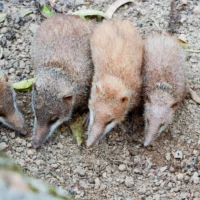
Lesser Madagascan tenrec
Total Population: Unknown
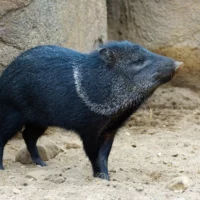
Collared peccary
Total Population: More than 2,000,000 in the wild
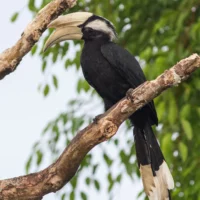
Black Hornbill
Total Population: Unknown
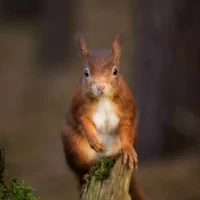
Eurasian Red Squirrel
Total Population: 120,000 to 160,000 in the wild
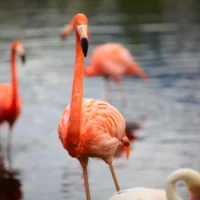
Caribbean flamingo
Total Population: 150,000 to 205,000 in the wild
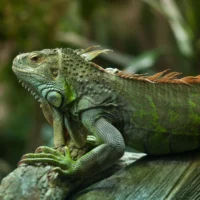
Green Iguana
Total Population: Around 1.3 million in the wild
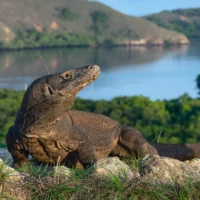
Komodo dragon
Total Population: Around 3,500 in the wild
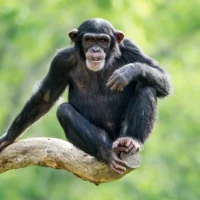
Chimpanzee
Total Population: 170,000 - 300, 000 in the wild
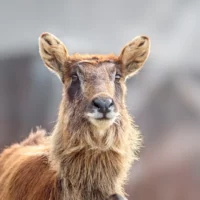
Nile Lechwe
Total Population: 30,000 - 40,000 in the wild
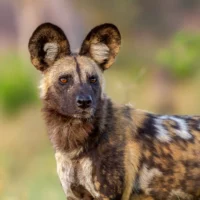
African wild dog
Total Population: Around 6,600 in the wild
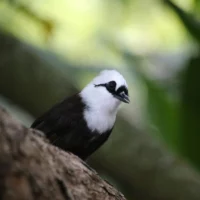
Sumatran laughing thrush
Total Population: 2,500 - 10,000 in the wild
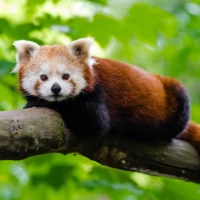
Red Panda
Total Population: Less than 10,000 in the wild
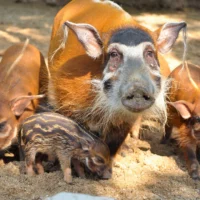
Red river hog
Total Population: Unknown
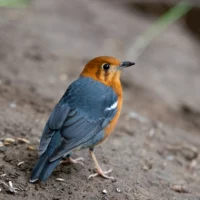
Orange-headed thrush
Total Population: Unknown
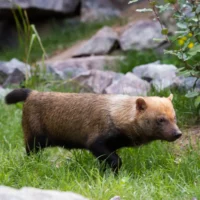
Bush dog
Total Population: Unknown
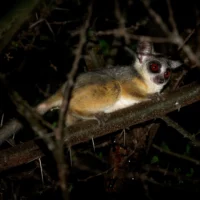
Senegal galago
Total Population: Unknown
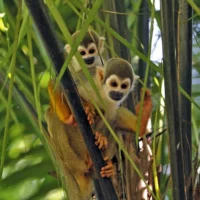
Guianan Squirrel Monkey
Total Population: Around 150,000 in the wild
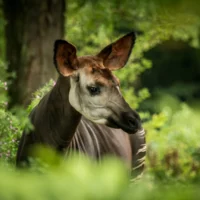
Okapi
Total Population: Less than 25,000 in the wild
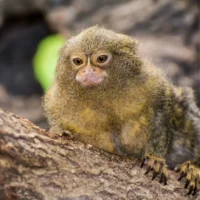
Pygmy marmoset
Total Population: Unknown
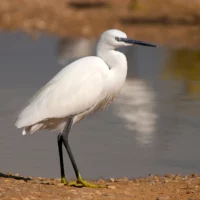
Little egret
Total Population: 660,000 to 3,150,000 in the wild
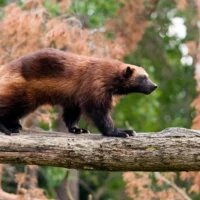
Wolverine
Total Population: Around 13,000 in the wild